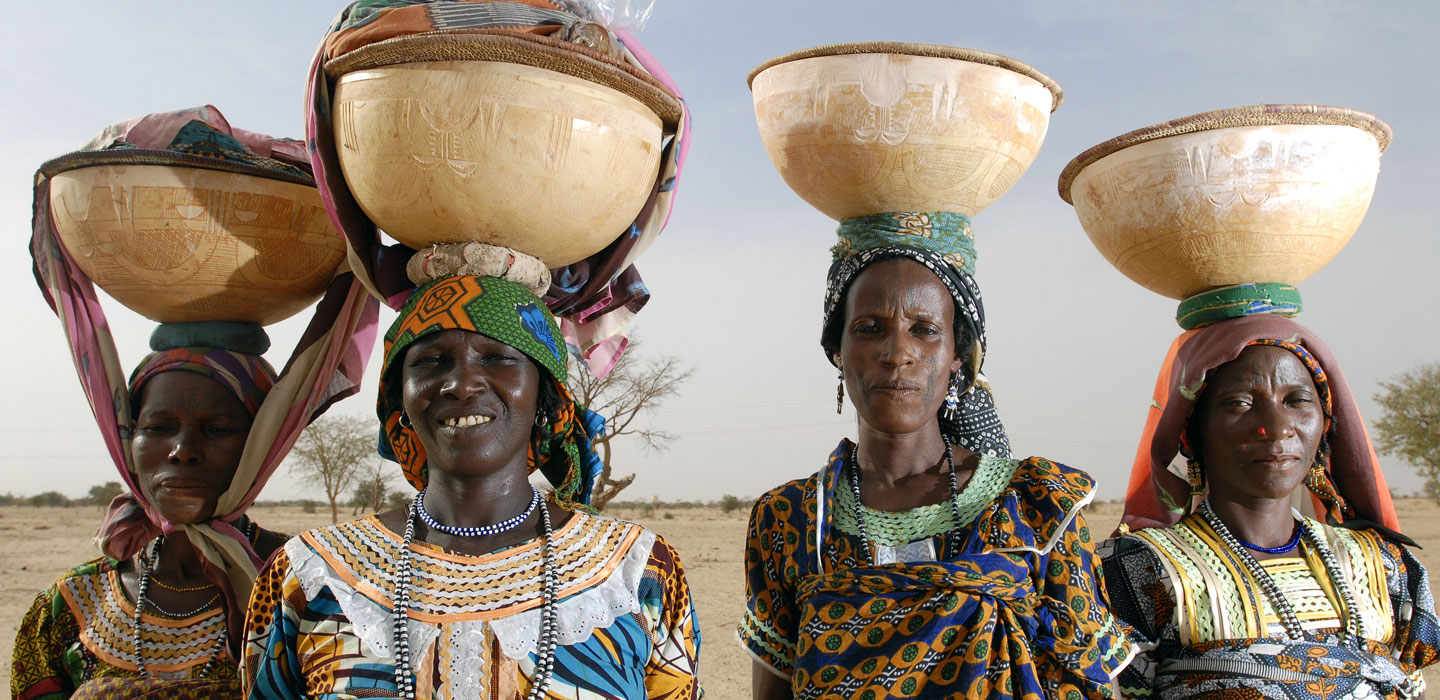Tools and guidelines
Tools and guidelines

Tools and guidelines
Menu Display
Search Results Filters
Search Results
Scaling up note: Nutrition-sensitive agriculture and rural development
In 1977, IFAD made improving “the nutritional level of the poorest populations in developing countries” one of the principal objectives of its founding agreement. Since then, governments, civil society and development organizations also have come to recognize the central importance of nutrition – which comprises undernutrition, micronutrient deficiencies and overweight – to development.
Scaling up note: Agricultural water management
in rainfed areas, but also those involved in irrigated agriculture. Climate change and the resulting changing rainfall patterns pose a threat to many more farmers, who risk losing water security and slipping back into the poverty trap.The need, therefore, to strengthen the communities’ capacity to adopt and disseminate agricultural water management technologies cannot be overemphasized.
Scaling up note: Gender equality and women’s empowerment
IFAD has achieved significant results in promoting innovative gender mainstreaming and pro-poor approaches and processes in its operations, making this an area of IFAD’s comparative advantage.
Effective project management arrangements for agricultural projects: A synthesis of selected case studies and quantitative analysis
Scaling up note: Land tenure security
Equitable access to land and tenure security for IFAD’s target groups are essential for rural development and poverty eradication. Tenure security influences the extent to which farmers are prepared to invest in improvements in production and land management.
Interventions to be scaled-up are in this note are: (i) Recognition and recording of multiple and sometimes overlapping rights in community-level land use, watershed management, territorial, rangeland and forest management planning processes; (ii) Registration of land ownership and use rights; (iii) Equitable land access; (iv) Land conflict resolution and access to judiciary and legal aid and; (v) Civic education and public awareness-raising.
Scaling up note: Smallholder livestock development
Smallholder livestock production is largely based on family farming and is key to poor rural people’s livelihoods, food security and employment creation.